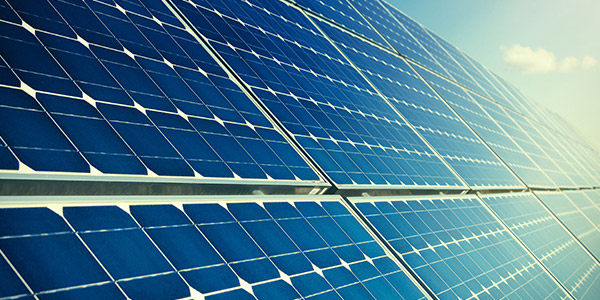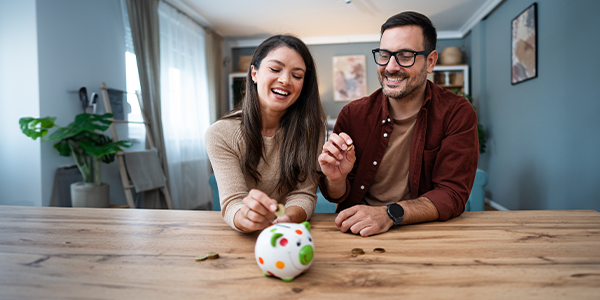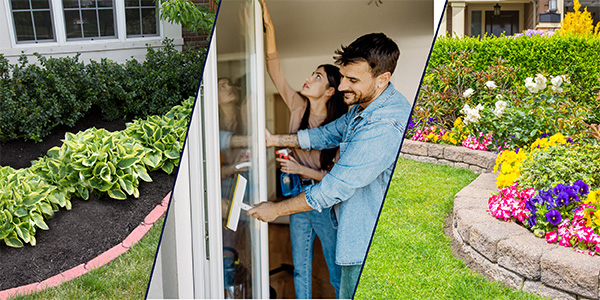Homeowners
What Homebuyers Should Know About Solar Panels
May 29, 2019
Solar panels are becoming more popular because homeowners may save money and make their homes more "green." As a buyer or seller, you should be aware of both the benefits as well as the possible complications that solar panels may have when you enter the market.
Before you install rooftop solar panels, there are a few factors to consider. Whether solar panels are right for your home depends on where you live, how much roof space you have, if it is shaded, how you use power, and what your monthly electric bill costs. The more information you get, the easier it will be to make an informed decision.
How do home solar panels work?
Solar Panels are made of photovoltaic cells that convert sunlight to electricity. As long as the rays from the sunlight are hitting the roof of your home, rain or shine, your panels are transforming solar radiation into electricity.
Is your roof suitable for installing solar panels?
Certain aspects will regulate how well-suited your roof is for solar panels, including how big your roof is in size, the direction it faces, and how much shade it receives during the daytime. Also, solar panels that face the south can produce more electricity than panels facing the southwest or even the southeast. The more sun exposure the panels get, the more energy is created, and the more likely you are to save money. Certain states like Arizona and California generally have more sunlight hours per day, so homeowners living in these states may benefit more.
How many solar panels are needed to power your home?
The number of solar panels you will need depends on two major factors that include the amount of electricity your home uses and the location of your home. Some online solar calculators factor in your monthly power usage and your home's location to figure out how many solar panels you will need, and the cost based on prices from solar companies near your home.
Do solar panels increase the value of your home?
This all depends on the following factors:
- Whether the solar panels are leased or owned
- What state do you live in
- The type of home you own
- How much energy you will be saving
- The current value of your home
The impact of solar panels on the value of your home also depends on the current housing market. Also, keep in mind that you can either purchase or lease your solar panels. However, if you lease the panels, they may not raise your home's value if you decide to go that route. So, make sure you look at all of your available options.
Qualifying for a mortgage with leased solar panels
So, let's say you're interested in buying a house that has solar panels on a leasing term. This may mean that the current homeowner pays a monthly payment to the solar panel company that originally installed the panels. Before you make the purchase, be sure to read over the leasing agreement to understand the monthly fees and the length of the lease. Solar panel leases are typically 20-year terms, but that number can fluctuate depending on which solar company was chosen for the installation. It also could depend on how many months are left on the lease when you purchase the home.
Qualifying for a mortgage with owned solar panels
Buying a home with solar panels that are owned by the current homeowner is a more ideal situation. Panels that are purchased upfront are owned by the seller, which means they don't have a lease agreement.
If you're interested in purchasing or refinancing a solar-powered home, contact a New American Funding Loan Officer today.





 Smart Moves Start Here.
Smart Moves Start Here.